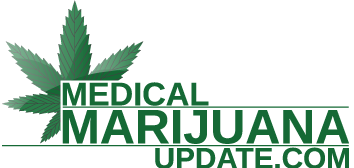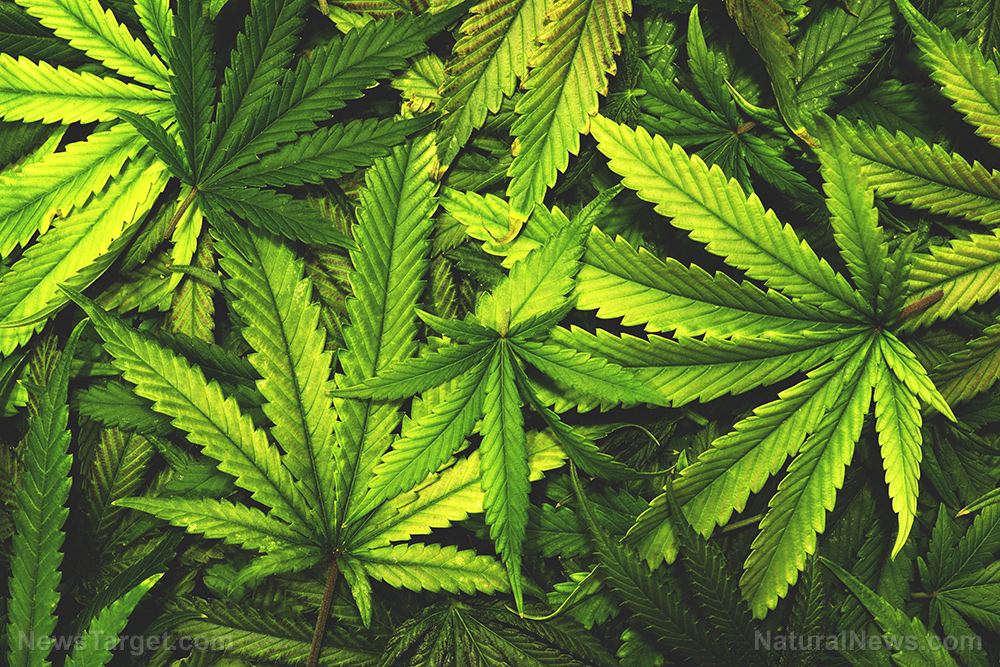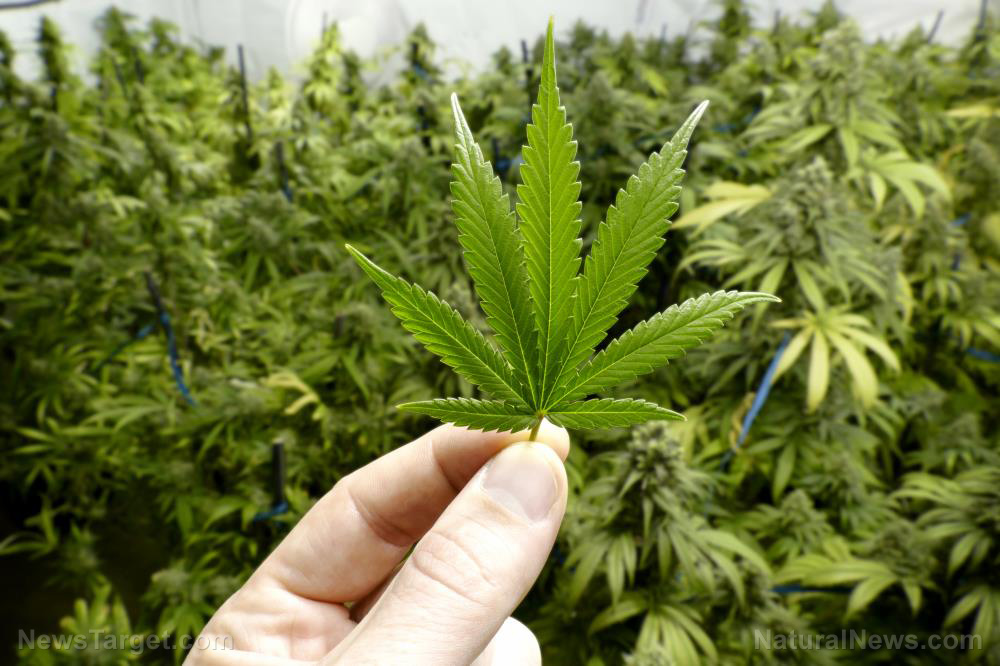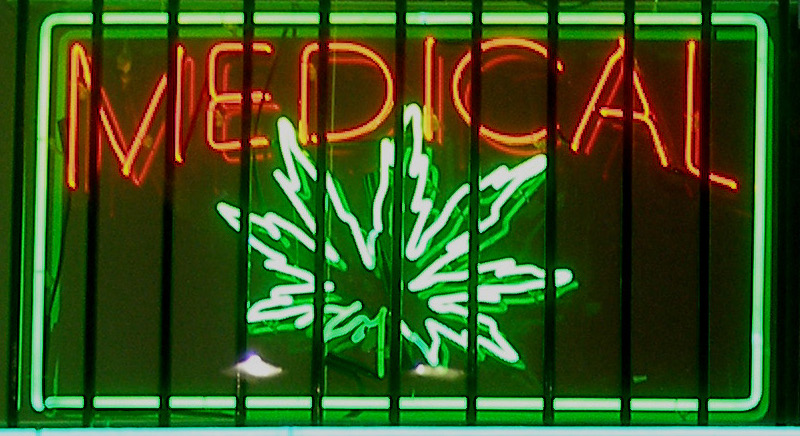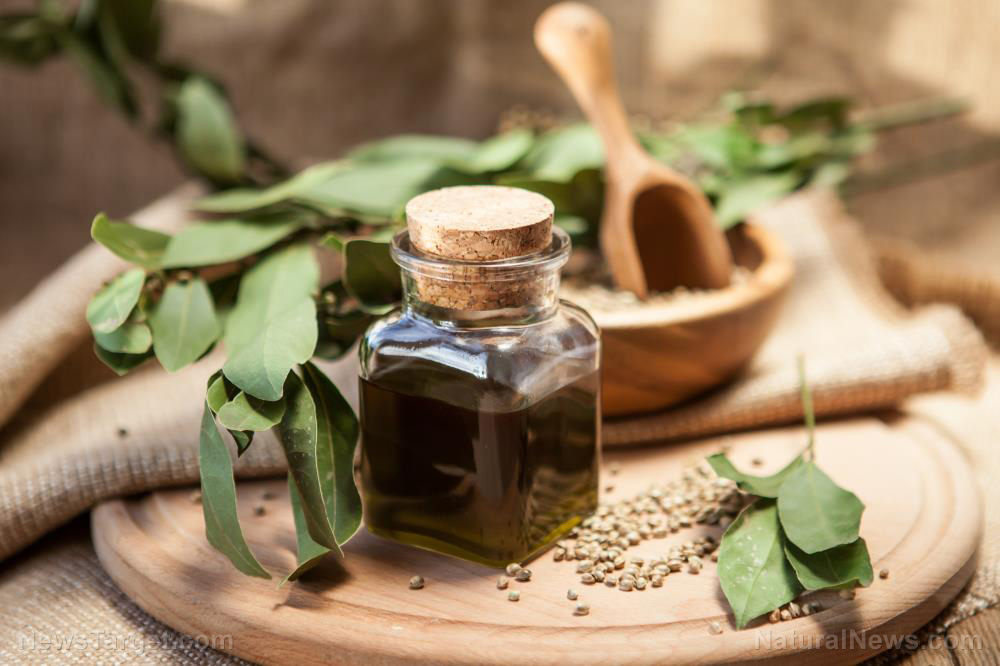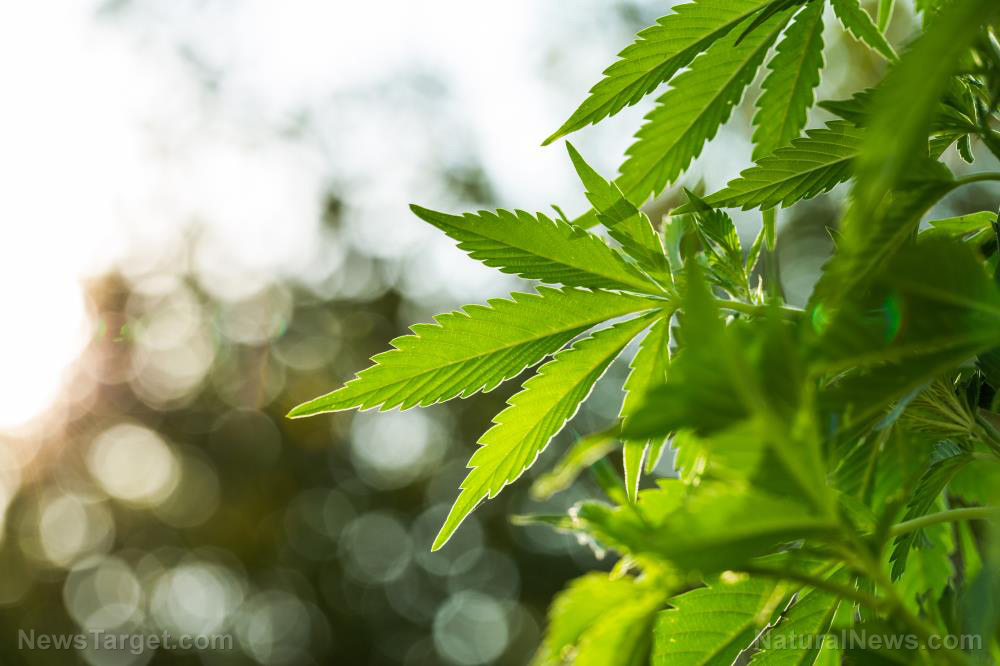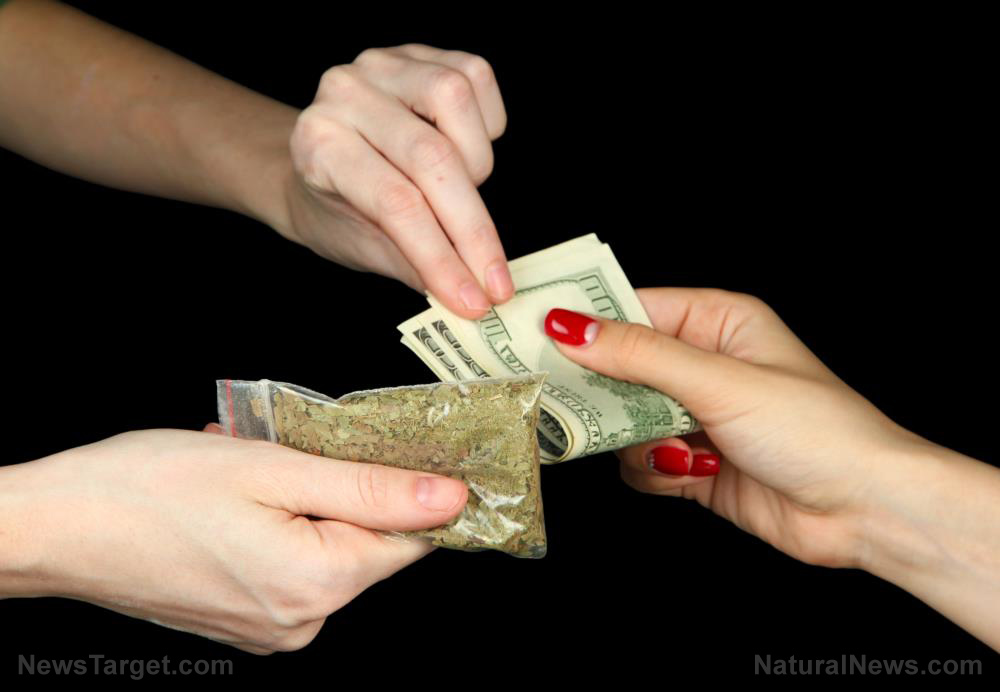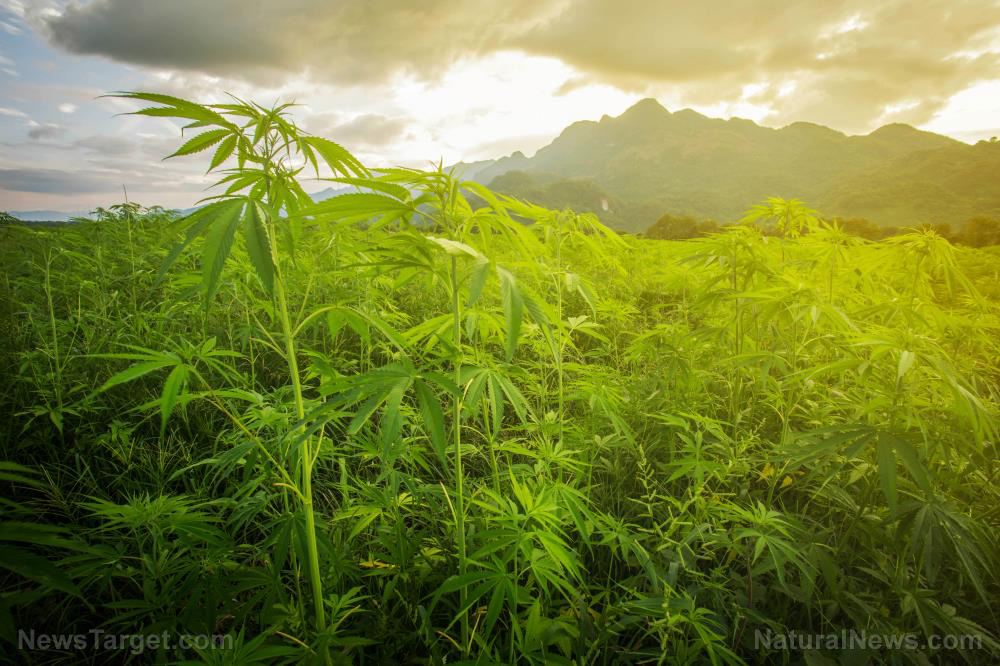The WHO concurs: Medical marijuana has NO public health risks, is beneficial treatment against multiple diseases
02/19/2019 / By Vicki Batts
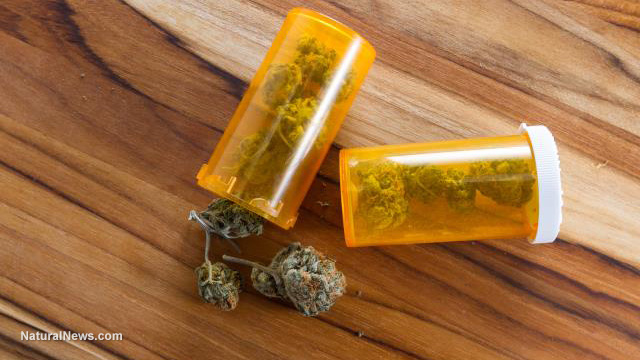
Medical marijuana and it’s medicinal compound, cannabidiol, have been a controversial subject here in the United States — but a new ruling from the World Health Organization (WHO) may set the wheels of change into motion. While many people from all walks of life have attested to the benefits and low risk of this plant medicine, the U.S. federal government has been dragging their heels regarding marijuana legislation. Indeed, even marijuana’s most revered medicinal compound, cannabidiol (CBD) was quietly listed as a Schedule I drug, back in 2016.
Under this classification, CBD is regarded as a highly addictive substance with no medicinal value. But now, it seems the WHO may stand to shake things up.
For months, the WHO has been deliberating on their own stance regarding the medicinal value of cannabidiol (CBD). While there is certainly no shortage of people who would argue with the DEA’s archaic stance on cannabis legislation, the WHO has finally come to a decision.
The WHO — revered as a top authority when it comes to matters regarding human health — has officially declared that CBD poses no risk to public health, and that this plant medicine should not be withheld from patients in need. The WHO also reportedly stated that CBD should not be considered a “scheduled drug.”
According to the recent statement from the WHO, CBD is an effective treatment for a variety of diseases and conditions, including epilepsy and cancer. The WHO also notes that CBD is acceptable for use in palliative care, and says that the plant medicine does not carry any risk of addiction — unlike Big Pharma’s flagship opioid painkillers.
In their conclusion, the WHO stated “current information does not justify scheduling of cannabidiol.”
The Schedule I classification of cannabis and cannabinoids has been key for widespread suppression of scientific research on the plant’s potential health benefits. But, it has not prevented the pharmaceutical industry from synthesizing marijuana’s medicinal compounds and creating FDA-approved medicines from them.
It’s more than just hypocritical for the DEA to brand the cannabis plant as a highly addictive substance with zero medicinal value, while Big Pharma is synthesizing THC and other cannabinoids, patenting them and then getting their test-tube cannabinoids approved by the FDA. Why is THC safe when it’s made in a lab, but a threat to public health when it’s found in a plant?
Cannabis legislation has been hotly debated for years; the U.S. government is unlikely to change their stance overnight, even with WHO’s recent statement regarding the medicinal value and low risk of CBD. Now many are wondering: Will the WHO’s ruling put more pressure on the corrupt DEA to change their inane scheduling of cannabis — or at least, CBD?
Many people around the world have found peace thanks to CBD extract. For example, a 12-year-old girl from Arizona uses CBD oil to successfully treat a rare seizure disorder. The disorder, Febrile Infection-Related Epilepsy Syndrome, typically develops after a child has had a fever. Those affected by it may suffer up to 100 seizures per day. The medicinal compound didn’t just make her disorder easier to live with — it helped save her life.
Will the U.S. and other nations struggling to reconcile with the health benefits afforded by plant follow the WHO’s lead, or will they continue to live in the land of denial?
Read more stories about medical cannabis at CBDs.news.
Sources for this article include:
Tagged Under: alternative medicine, cannabis, medical marijuana, natural cures, natural medicine, plant medicine, plantmedicine, WHO
